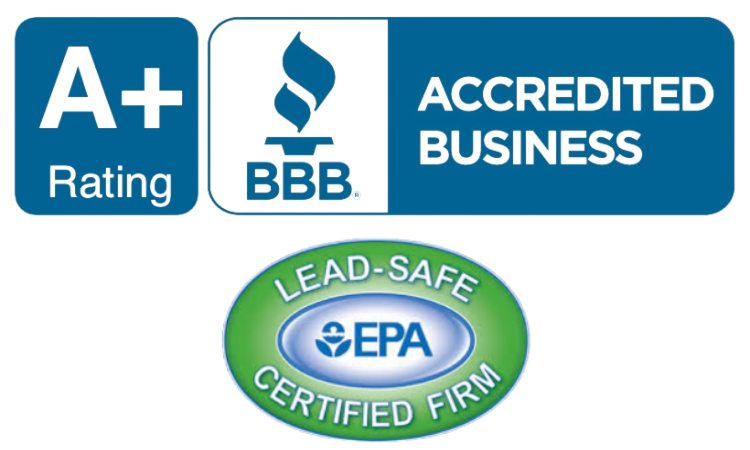Hiring a painter is a great idea when renovating your house. However, it is important to try to avoid problems with insurance and licensing when employing a professional painter. What security do these criteria provide for you and the contractor, and are they mandatory for painters or contractors? This post will cover licensing and insurance of the painting process and provide you with all the information you need.

Understanding Licensing for Painters
What is Licensing?
Licensing is a form of certificate that demands official authorization from certain workers or companies before they can engage in a specific endeavor. Licensing in the painting industry refers to a way of identifying painters who have complied with certain measures of training and experience as laid down by an authoritative body.
Licensing Requirements
1. State Laws and Regulations: Generally, licensing of painters is not universal but may depend on the state or city in which the painter works. However, in some states, there are only specific kinds of painting work that are restricted by the license, and these are typically commercial and high-volume. The local laws in this regard should be clear on how they should be implemented.
2. Contractor’s License: Depending on the state of operation, painters are expected to produce a contractor’s license if they are general contractors. This usually comes means presenting a pass certificate, insurance certificate, and other certifications that may include a criminal check.
3. Additional License: Some areas may need a painter to obtain additional licenses to perform certain types of painting projects, including lead paint removal, and exterior painting of commercial structures. These licenses guarantee the painters have the required knowledge and skills on how to work on complex projects without endangering their lives.

Why Consider Hiring a Licensed Painter?
Quality Workmanship: A licensed painter has specific skills and knowledge in this area; hence, you can be assured of quality work.
Legal Issues: A painter should be an accredited painter, and therefore, their work will observe all the legal provisions relating to construction and painting.
Provisions of a Licensed Painter: Licensing of a painter means the certification will assure you the painter has passed the legal requirements that every painter should meet before practicing professionally.
Types of Insurance
1. Comprehensive Business and Personal Risk Insurance: This type of insurance is one of a few important insurances that painters should not overlook as this ensures their business and individuals are protected from any general risks that may occur in the course of the business. This covers contractual loss and damage on your property, accidents within the premises of a project, and all other risks surrounding a project.
2. Worker’s Compensation Insurance: For those who work as painters, this is compulsory insurance to cover employees in the event of a workplace accident. Worker’s compensation also pays medical charges of employees affected by workplace injuries and anything that they lose due to the injury.
3. Professional Liability Insurance: This insurance protects the painter in case of negligence that leads to the loss of money or property to the client or the painter him/herself.
4. Business Auto Insurance: This insurance comes in handy if the painter uses his/her vehicle(s) for business purposes in his/her activities.
Why Insurance Matters
Painting Accidents: When painting, accidents may happen and not having any insurance coverage means that you will be held responsible for such incidences during the exercise. Hiring an insured painter helps you avoid such expenses.
Financial Security: Insurance gives the painter and homeowner financial security in case anything goes wrong. Make sure that both parties are protected in the event of an occurrence of unforeseen events.
Commitment for Work: This means that a painter with insurance is likely to be a professional painter who takes his/her business seriously. It suggests passion toward the work they are performing and the duty towards the customers.
Making an Informed Decision
Weighing the Pros and Cons
It is a good idea and an added value for large-scale and important projects to ensure the licensing and insurance of your painters. However, when the job is not very large or complicated, then such a certification may not be necessary.
Balancing Cost and Quality
While licensed and insured painters may have a relatively higher price when compared to other competitors, the benefits they offer are priceless. You should look at your budget, the needs of the project, and how much risk you are willing to tolerate to make the best decision in the given situation.

